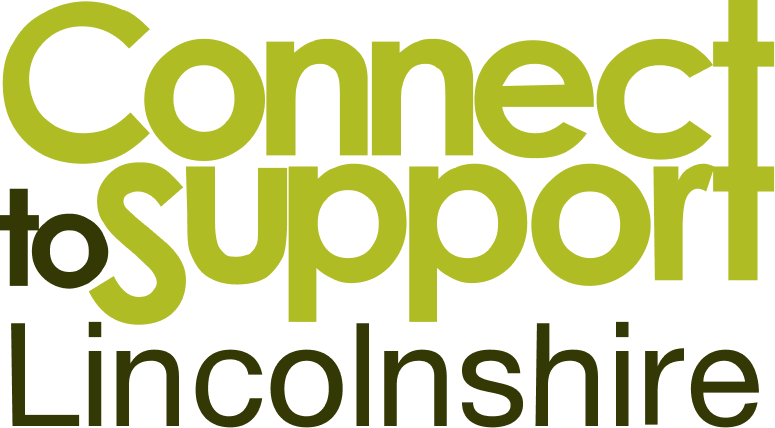
The Priority Services Register (PSR) is a free and voluntary system that your energy or water supplier uses to ensure the correct support is given to its most vulnerable customers. It is overseen by Ofgem for energy and Ofwat for water suppliers, and ensures individuals with special requirements have access to additional support as and when they need it.
Support may vary by supplier and by an individual’s circumstances, but can include:
- Advanced notices of planned service interruption
- Priority service support during emergencies and unexpected service interruption
- Nominee scheme – to nominate someone to receive communications and bills from your supplier
- Quarterly meter readings and assistance with billing including large format, Braille and audio letters
- Identification and password scheme
You can ask to join your supplier or network operator’s Priority Services Register if you:
- have reached state pension age
- are pregnant, or have young children
- struggle with speaking or reading English
You can also join if you’re living with a disability or a long-term medical condition, including:
- mental health conditions
- conditions affecting your sight, hearing or sense of smell
- conditions that mean you need to use medical equipment that requires a power supply
Help is also available if your circumstances have recently changed, for example if you:
- are recovering from an injury, or need support after a stay in hospital
- have been bereaved
- have lost your job
How to Join
Get in touch with your supplier or network operator directly and give them as much information as you can about your needs.
You can contact them online, in writing or by phone. Details on how to do this should be on their website or on your energy bills.



